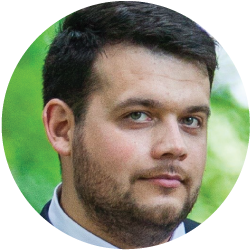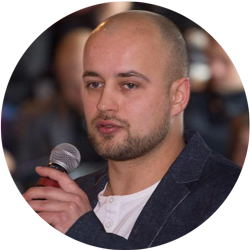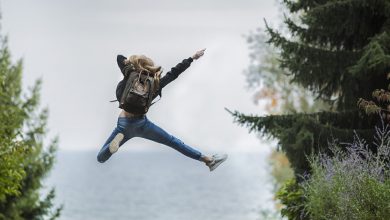Demonstrates understanding of theories and principles behind participatory / emancipatory / empowerment pedagogyKnowledge of principles of participatory / emancipatory / empowerment pedagogySimulating active participation and motivating and empowering learnersUnderstanding and facilitating individual and group learning process
8th principles of non-formal education
The principles of non-formal education derive from the humanistic pedagogy. Humanistic pedagogy aims to liberate the individual from inner constrains, empower him to act and participate actively in dealing with the challenges he faces. Moreover, the individual is encouraged to actively participate and contribute to solving problems in his own community. In non-formal education we seek empowerment and emancipation of an individual through participation. The easiest strategy to explain non-formal education is to present the principles of non-formal education.

Why did I choose this tool?
These principles are the core of youth work and non-formal education. It is essential to know and follow them. These principles are like an inner compass which helps the trainer to navigate in decision making, while designing education programs, creating methods, building relationships with participants and finding common grounds with colleague trainers.
How does this apply to being a trainer?
The principles of non-formal education are guidelines for trainers (which) to define:
Attitudes of a trainer towards participants and they are pillars for supportive/educational relationships with participants;
- Principles of planning educational activities and programs;
- Guide the trainer into choosing methods.
Main content:
- Read the text on pages 28-29 of “Hand book for people working with youth groups, non-formal education practice in Lithuania” which defines principles of non-formal education. Available online:
- Reflect how you apply each of the 8 principles in your educational practice and activities? How to apply these principles in building relationships with participants? Which principles to take into consideration while planning educational activities?
- Different countries or international organizations like U.N. or CoE define non-formal education differently. Find them and compare to the principles presented in the article. What is the emphasis on different stakeholders like CoE or U.N.
- People learn best when they teach or explain things to others. Present these principles to your participants in a training session.
Reflection questions:
- Analyse your work as a trainer. What is specific about your training style? Which of the 8th principles of non-formal education are your strengths? (e.g. the holistic principle, Group dynamics).
- What you should improve as a trainer in the application of the 8th principles of non-formal education? (e.g. Specific environment – creating a psychologically-safe environment to learn.).
- Think of practical examples of how you or your colleague trainers were demonstrating or applying the 8th principles of non-formal education.
- Ask for feedback from colleague trainers on your ability to apply the principles of non-formal education in your work.






